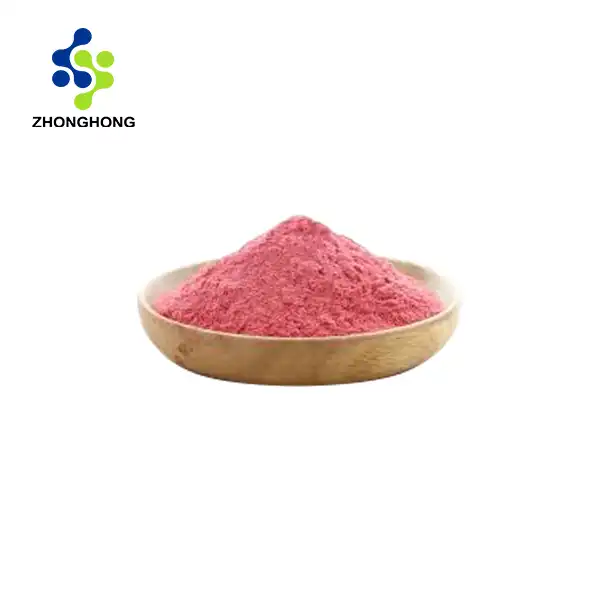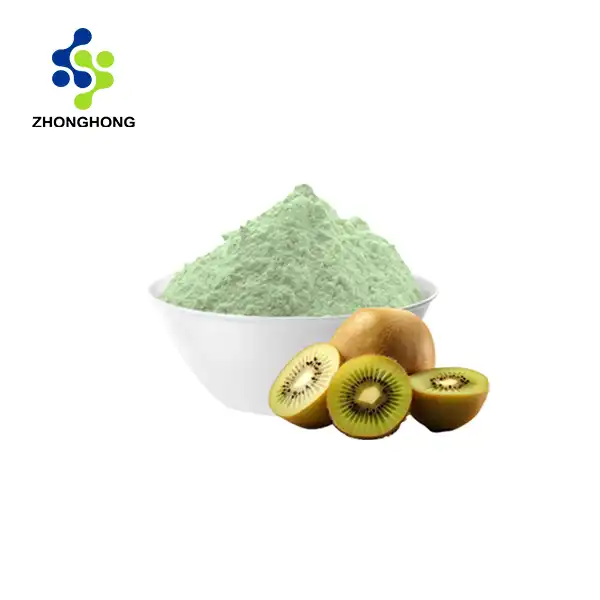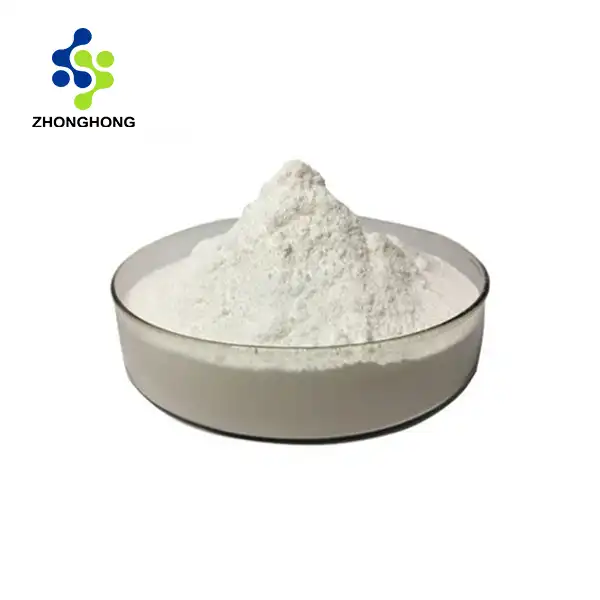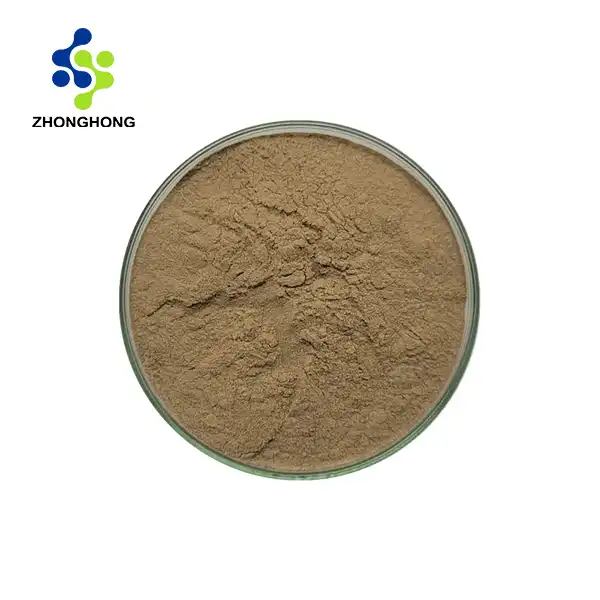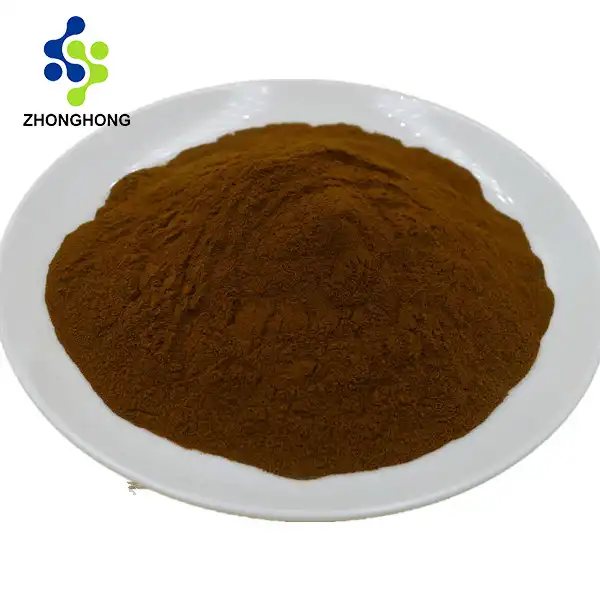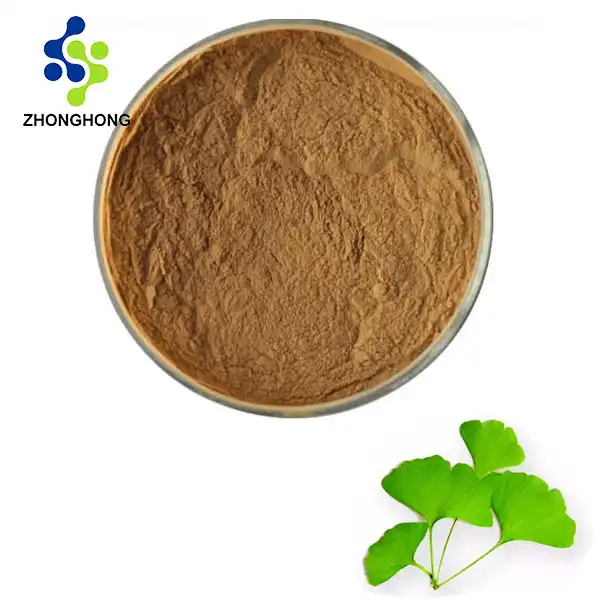Understanding Nattokinase and Its Origins
The Discovery of Nattokinase
Nattokinase was to begin with distinguished in 1987 by Dr. Hiroyuki Sumi, a analyst at the College of Chicago. His disclosure came amid a consider centered on thrombolytic chemicals, which break down blood clots. Dr. Sumi found that natto, a conventional Japanese dish made from aged soybeans, had a special capacity to break up fibrin, a protein included in blood clotting. After separating the chemical capable for this impact, Dr. Sumi named it nattokinase, recognizing its potential wellbeing benefits, especially in cardiovascular wellbeing.
The Fermentation Process
Nattokinase powder is produced during the fermentation of soybeans by the bacterium Bacillus subtilis natto. This fermentation process not only creates the characteristic taste and sticky texture of natto but also generates nattokinase, the enzyme responsible for its clot-dissolving properties. The fermentation typically takes between 15 and 24 hours in a controlled environment, where the bacteria break down the soy proteins, releasing nattokinase and other beneficial compounds such as vitamins and antioxidants, making natto a superfood for health.
Chemical Structure and Properties
Nattokinase is a serine protease enzyme, consisting of 275 amino acids and with a molecular weight of approximately 27,728 Daltons. It exhibits its highest activity at a pH of 8.6 and a temperature of 37°C, conditions that closely match those of the human body. This structural compatibility makes nattokinase highly effective when consumed, as it retains its activity in the bloodstream, where it can help dissolve fibrin and improve blood flow. Its natural ability to promote cardiovascular health has led to its popularity in dietary supplements.
Research on Nattokinase's Health Effects
Cardiovascular Benefits
Nattokinase has gained attention for its potential cardiovascular benefits, particularly in supporting heart health. Several studies have shown that this enzyme may help reduce blood pressure and improve circulation by dissolving blood clots and preventing their formation. A 2009 study published in Nutrition Research highlighted the enzyme's ability to lower blood pressure in individuals with pre-hypertension or stage 1 hypertension. By breaking down fibrin, a key component in blood clotting, nattokinase may help reduce the risk of cardiovascular events like strokes and heart attacks.
Anti-inflammatory Properties
Nattokinase has demonstrated promising anti-inflammatory effects in scientific research. A 2015 study in Evidence-Based Complementary and Alternative Medicine found that nattokinase could suppress the production of pro-inflammatory cytokines in human cells. This anti-inflammatory action suggests that the enzyme could be beneficial in managing chronic inflammatory conditions such as arthritis and may also help reduce inflammation related to cardiovascular diseases. By modulating immune responses, nattokinase could play a role in improving overall inflammatory health and preventing chronic inflammatory disorders.
Potential Neuroprotective Effects
Later ponders have started to investigate nattokinase's potential neuroprotective impacts, especially its capacity to secure against neurodegenerative infections. A 2018 consider distributed in the Diary of Rural and Nourishment Chemistry found that nattokinase seem hinder the arrangement of amyloid fibrils—protein totals connected to Alzheimer's illness and other neurodegenerative clutters. In spite of the fact that assist investigate is required to completely get it its instrument, these early discoveries recommend that nattokinase may hold guarantee as a supplement for brain wellbeing, possibly diminishing the chance or movement of maladies like Alzheimer's and Parkinson's.
Is Nattokinase Right for Your Health Goals?
Considerations for Use
Before incorporating nattokinase powder into your health regimen, it's essential to consider several factors. While generally considered safe for most people, nattokinase may interact with blood-thinning medications due to its fibrinolytic properties. Individuals with bleeding disorders or those scheduled for surgery should consult with a healthcare professional before using nattokinase supplements.
Dosage and Administration
The appropriate dosage of nattokinase can vary depending on individual health needs and the specific formulation of the supplement. Typical doses range from 100 to 200 mg per day, often measured in fibrinolytic units (FU). It's important to follow the manufacturer's recommendations or consult with a healthcare provider to determine the optimal dosage for your specific situation.
Potential Side Effects
While nattokinase powder is generally well-tolerated, some individuals may experience mild side effects such as gastrointestinal discomfort or allergic reactions, particularly in those with soy allergies. Monitoring your body's response and starting with a lower dose can help minimize potential side effects. As with any supplement, it's crucial to be aware of any unusual reactions and consult a healthcare professional if concerns arise.
Conclusion
Nattokinase powder represents a fascinating intersection of traditional food wisdom and modern scientific research. Its potential benefits for cardiovascular health, anti-inflammatory properties, and emerging neuroprotective effects make it a subject of ongoing interest in the health and wellness community. As research continues to unfold, nattokinase may prove to be a valuable tool in supporting overall health and well-being. If you want to get more information about this product, you can contact us at liaodaohai@gmail.com.
_1728976869676.webp)
